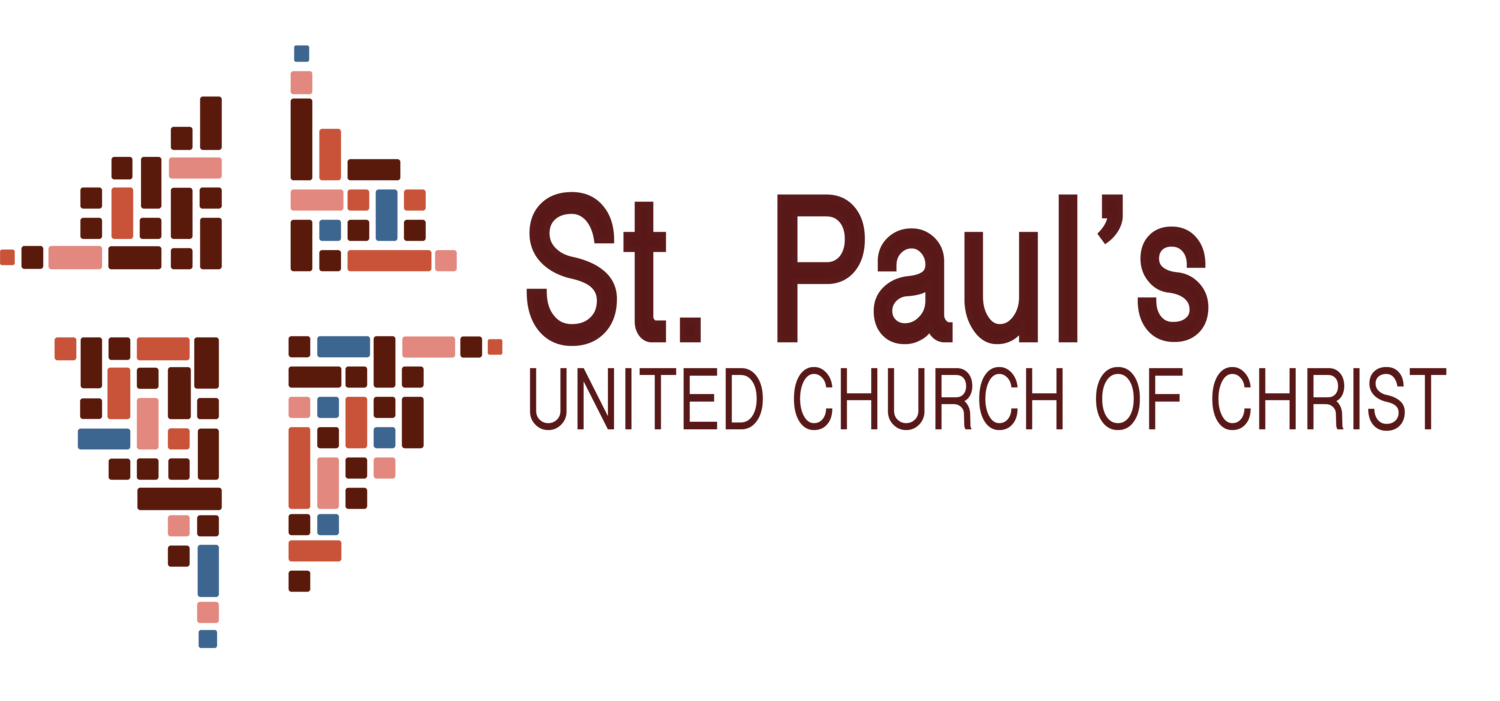Land Acknowledgement Task Force
The Land Acknowledgment Task Force explores how land and land ownership are entangled with colonization and develop actions to take as a church in support of justice for Native Americans.
We are aware of complicated relationships between the land and systems of colonization and oppression. The land on which the church sits is the homeland of the Dakota people (as is the land under church members’ homes), and our claims to ownership of that land violate treaties made with the Dakota.
Ties to the land extend beyond economic and political to spiritual realms, calling for a response reflecting our role as a church. We recognize the complicity of the broader Christian church in colonization, the Doctrine of Discovery, attempting to eliminate Indigenous people and cultures, and fostering white supremacy. But we also recognize parallels between Indigenous lifeways and the community created by the earliest followers of Jesus. We see potential for learning from oppressed and marginalized people and for renewing and repairing relationships among peoples and with the land.
Our deepest values as a faith community, seeking love, justice, and extravagant welcome for all, call us to examine our relationship to the land and how that relationship is intertwined with our relationships with our neighbors past and present. The purpose of this task force is to deepen our understanding of those relationships, develop ways of sharing that understanding with the congregation, and propose actions we can take as a community to work toward repairing those relationships.
Land Acknowledgement
We acknowledge that St. Paul’s United Church of Christ is located on the homelands of the Dakota people, who have lived here since time immemorial and continue to make their lives here. The land of Minnesota is also home to Anishinaabe, Ho-Chunk, and other Indigenous peoples.
The United States government stole this land from the Dakota people through unjust treaties and dishonest dealing. White people strove to separate the Dakota from the land to which they belonged and from the culture that rooted them in sacred relationship with the land and one another. The Christian church empowered this genocide through the Doctrine of Discovery and facilitated cultural erasure and abuse through Indian boarding schools. The capitalist economy still treats the land as a commodity, leading to continued harm. We recognize that these policies and practices are morally wrong. We seek to reject the imperialism and supremacy at their roots.
As members and friends of St. Paul’s United Church of Christ, we commit to being better relatives to this land and Indigenous peoples by:
Engaging in intentional, ongoing learning about the history and contemporary lives of Indigenous peoples, recognizing both intergenerational trauma and resiliency.
Honoring Indigenous peoples and their rights, cultures, spiritual ways, and languages and lifting up their voices and stories.
Following Indigenous leadership and building respectful relationships to work toward environmental, economic, racial, and social justice for the land and people.
Deepening the use of our financial and other resources to support the work of Indigenous communities.
Journeying humbly with one another as we wrestle with uncomfortable truths and call for new patterns of discipleship and witness.
We seek to embody God's deep love for these sacred lands and all of creation. We share God’s deep love for the Dakota and all Indigenous peoples.

